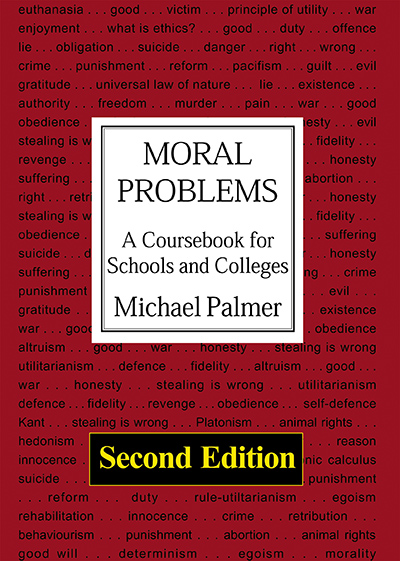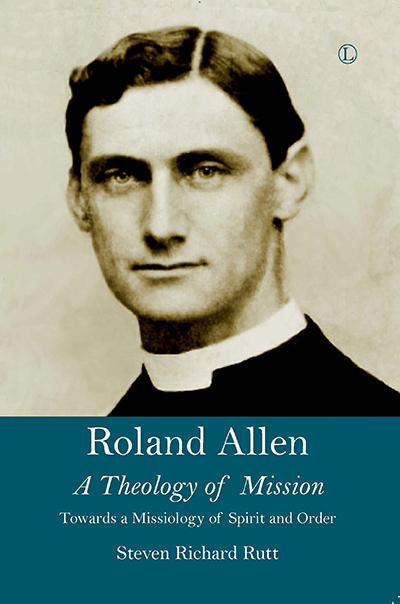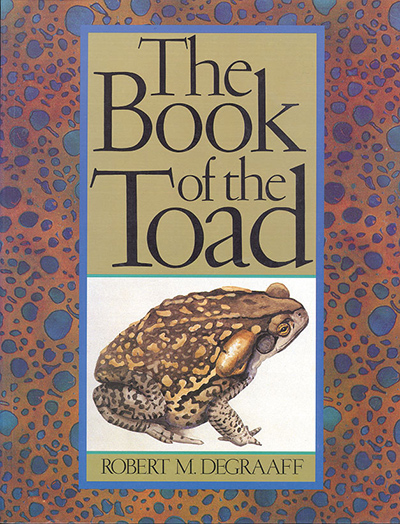Description
For Epicurus the avoidance of pain is more important than the acquisition of pleasure. In that case, why not advocate (like the hedonist Hegesias) suicide on the grounds that it guarantees a state with no pain at all?
An essay question from Moral Problems, Second Edition
This well-known classroom-developed course, first published in 1991 to great acclaim, is designed primarily for students of General Studies, Philosophy and Religious Education at sixth-form and college level. For the student navigating the field of philosophy, both original philosophical texts and single-author interpretations of a range of ideas can be overwhelming and daunting. In this revised and expanded Second Edition of Moral Problems, Michael Palmer makes the student’s acquaintance with philosophy much smoother.
Extracts of major philosophical works in ethical theory are provided, alongside introductions and comprehension and essay questions to aid students in their understanding of these texts. The material is set out in handy units of work which can be spread over the school or college year.
Moral Problems is not just a compendium of philosophical ideas, but also a wide-ranging coursebook. Areas covered include: the concept of ethics, Egoism, Utilitarianism, ethics and God, Kant’s theories, Virtue Ethics, Determinism and meta-ethics. An extensive bibliography for each topic offers advice for further reading. In addition, the discussion sections link each philosophical theory to a contemporary issue, demonstrating how philosophy is relevant to the modern day.
The course set out in this book bridges both the arts and the sciences, encouraging students to debate the different positions of authors on subjects such as justice and punishment, free-will and euthanasia, duty and civil disobedience. Now widely used in schools and colleges, it has proved extremely useful to students of all disciplines, demanding precision in language and clarity in argument. The textbook does not assume any previous knowledge of philosophy and is thus ideal for students and teachers in universities, colleges and secondary schools.
About the Author
Dr Michael Palmer was educated at Lancing College and St John’s College, Durham. A former Teaching Fellow at McMaster University and Humboldt Fellow at Marburg University, Dr Palmer has taught at Marlborough College and Bristol University, and was for many years founding Head of the Department of Religion and Philosophy at The Manchester Grammar School. The course he developed there attracted national attention, and much of the material that it covered was based on this book.
His other works include Freud and Jung on Religion (1997), The Question of God (2001), Moral Problems in Medicine (2005), the two-volumed The Philosophy of Religion (2008), The Atheist’s Creed (2010), The Atheist’s Primer (2012) and Atheism for Beginners (2013). One of the most widely-read of contemporary philosophers, his work has been translated into many languages.
Contents
1. What is Ethics?
2. Egoism
3. Utilitarianism
4. Ethics and God
5. The Ethical Theory of Immanuel Kant
6. Virtue Ethics
7. Determinism and Free Will
Appendix: Meta-ethics
Index
Endorsements and Reviews
This is the real stuff of education
Times Educational Supplement
A book of outstanding merit
School Librarian
Moral Problems has been a valuable reference point for a generation of A level students, and this revised version adds significantly to its scope. It will continue to be an influential coursebook for those with an interested in moral philosophy. This book provides a tremendously methodical reference point, written in an erudite yet accessible style, suitable for extending the understanding of students at sixth-form level and above.
RE Today
An excellent course-book which will be of value, not only to teachers familiar with these philosophical latitudes, but also to those who have the responsibility of teaching courses in ethics but have doubts about their knowledge and capacity for so doing.
Cogito
The subject matter is sensitively approached and dealt with, bringing an understanding that is appreciative of the wide variety of backgrounds of the students in this modern day. This coursebook should continue to be one of the main introductory ways for students into the study of philosophy.
Networking: Catholic Education Today






